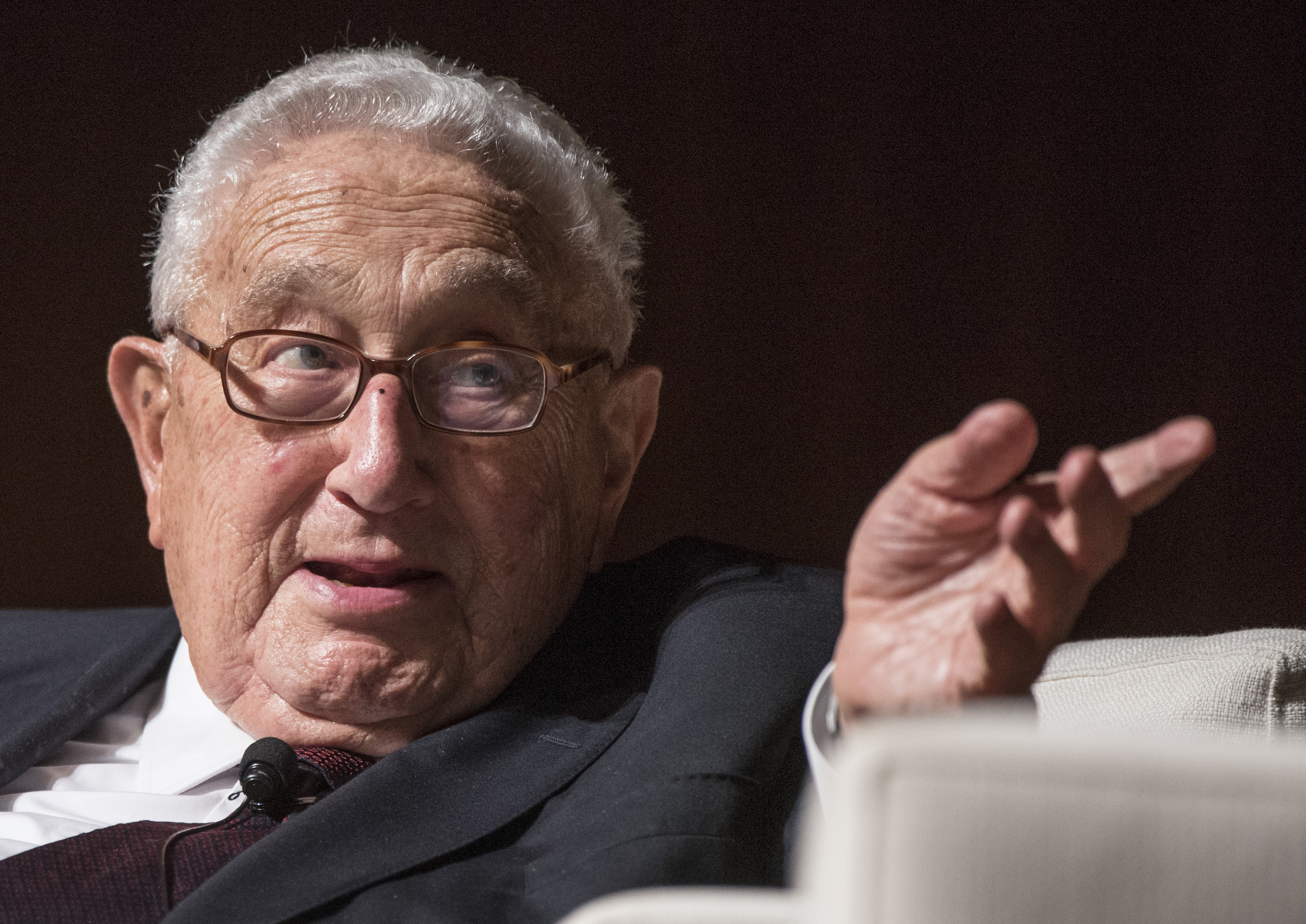“Once you’ve been to Cambodia, you’ll never stop wanting to beat Henry Kissinger to death with your bare hands. You will never again be able to open a newspaper and read about that treacherous, prevaricating, murderous scumbag sitting down for a nice chat with Charlie Rose or attending some black-tie affair for a new glossy magazine without choking. Witness what Henry did in Cambodia… and you will never understand why he’s not sitting in the dock at The Hague [at the international criminal court],” said Anthony Bourdain.
On Nov. 29, Henry Kissinger, at 100 years old, died. His legacy, as seen by Bourdain’s words, has always and still remains contested. He is arguably the most important and consequential diplomat and foreign advisor in US history. He is also arguably the most controversial.
Kissinger was heavily involved in administrations across party lines throughout his career. Most notably, he was simultaneously both Secretary of State and National Security advisor under Presidents Nixon and Ford. Since then, for about 50 years, he has advised all presidents through Trump.
While professionally there is much to remember Kissinger for, in terms of his actions, there is a much larger legacy that one can’t easily ignore.
Cambodia
Perhaps his greatest effect was on the people of Cambodia. During the US Invasion of Vietnam, Kissinger administered a secret illegal bombing campaign on the neighboring country of Cambodia, which was officially neutral in the war. The US bombing campaign was officially targeted towards Vietnamese fighters who traveled through the country. However, the mass use of carpet bombing left mass deaths and destroyed civil society.
On just the small country of Cambodia, the US dropped 500,000 bombs. That is nearly equivalent to the amount dropped on the whole Pacific theater of WW2. Estimates range that between 50,000-150,000 were killed. Kissinger played an important role in orchestrating this. He was responsible for ordering and approving numerous targets as well as administering the secret bombing campaign.
That bombing was only the beginning. Many argue that this apocalyptic bombing was the determining factor in what enabled the rise of the Khmer Rouge. The Khmer Rouge would go on to orchestrate one of the worst genocides in history, killing 1.7 million people, about 25% of the population.
In 1975, as the Khmer Rouge was taking power, according to official government transcripts, Kissinger said they “were ‘murderous thugs’ but he wanted the Thais to tell the Cambodians ‘that we will be friends with them.” This is similar to another quote, “If they put Jews into gas chambers in the Soviet Union, it is not an American concern. Maybe a humanitarian one.”
This is rarely discussed in the media. In the Fargo Forum’s syndicated Reuters obituary of Kissinger, there was only mention of a secret bombing.
East Timor
Kissinger, along with President Ford, also played a key role in approving Indonesia’s invasion of East Timor. This invasion resulted in a genocide that killed 170,000 people, again, about 25% of the whole population. The invasion and genocide were made possible by the US’s continuous arming of Indonesia’s military throughout the decades-long conflict.
Kissinger says that he could have done nothing to prevent this conflict. However, numerous US diplomatic cables show that they knew Indonesia was reliant on US and international support.
Again, there wasn’t a single mention of East Timor and the genocide in the Forum’s syndicated obituary.
South Asia
In the 1970s, Bangladesh, at the time part of Pakistan, fought a brutal independence war. A total of 3 million Bengalis were killed in Pakistan’s genocidal attempt to maintain its control over the territory. Kissinger not only advised Nixon to support Pakistan’s dictator, who orchestrated the killing with US weapons, but according to the Pulitzer Prize finalist book, The Blood Telegram, Gary Bass shows how Nixon and Kissinger repeatedly ignored the massacre.
The Forum’s article did mention South Asia. However, it wasn’t about the support for the slaughter of 3 million. Instead, it was that Kissinger called Indians “bastards,” maybe one of his least offensive quotes.
This list is far from incomplete. This was just a short list of some of the numerous crimes that Kissinger either directly carried out or supported across the globe. Although his life may have passed, his legacy still remains as open as ever.
